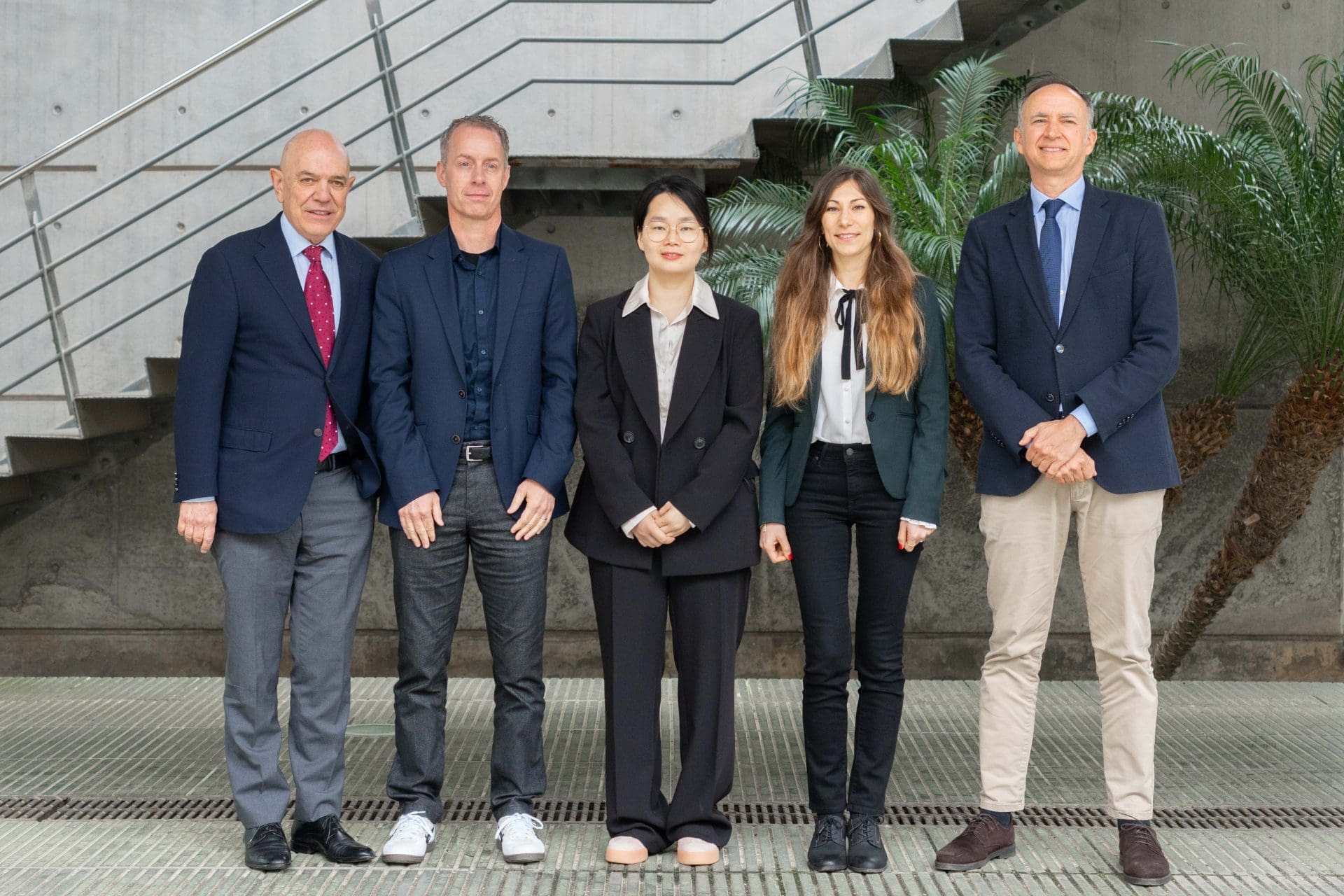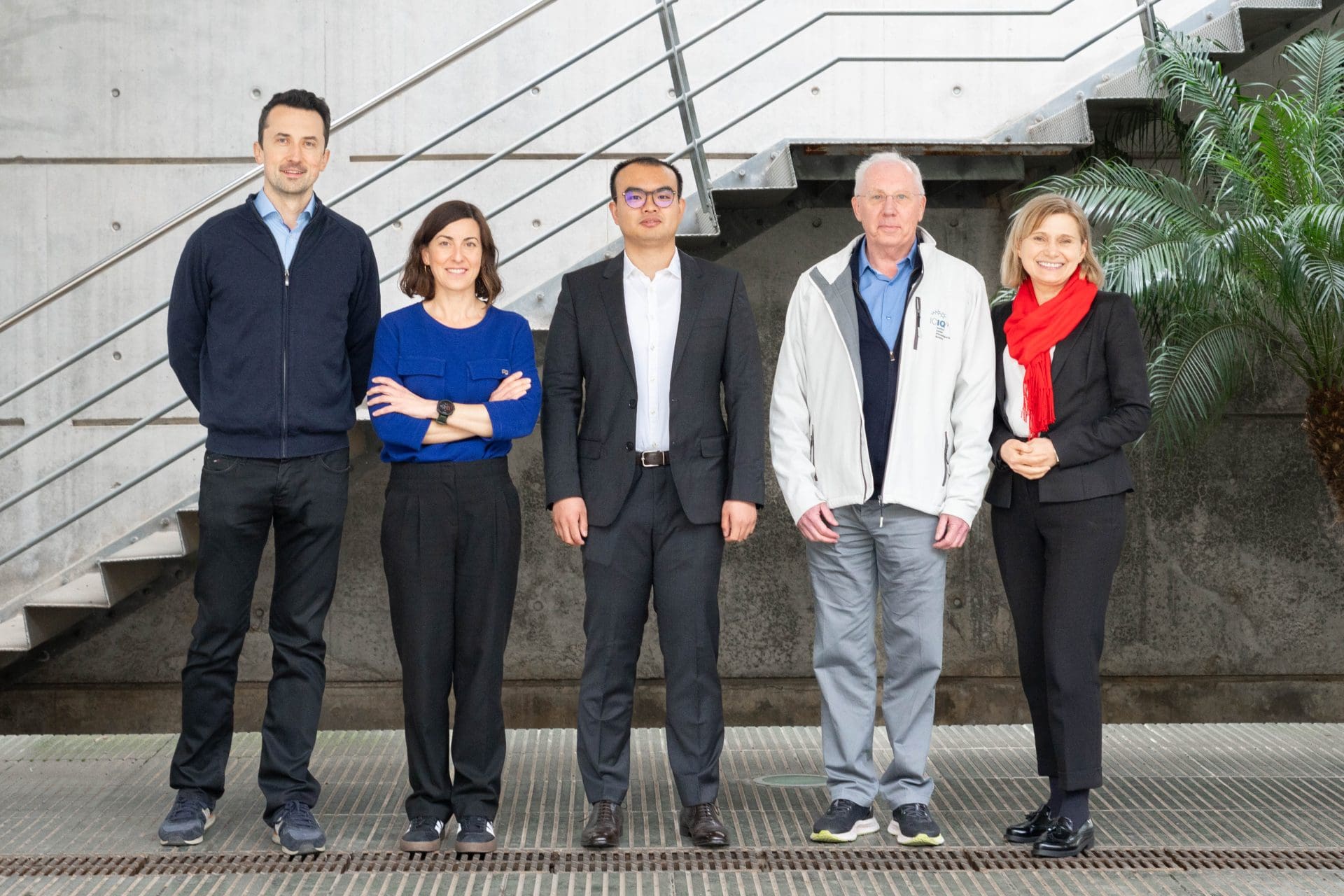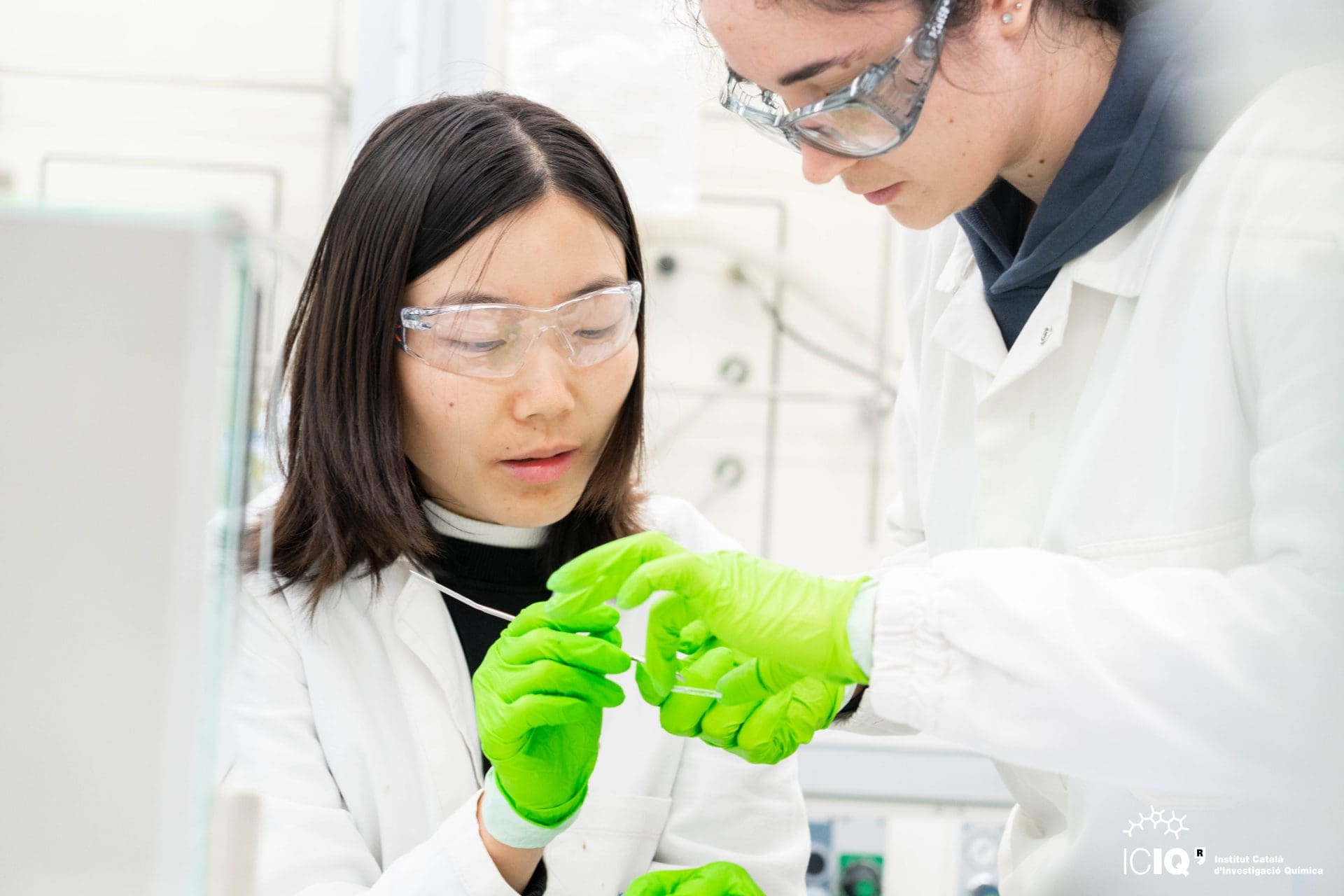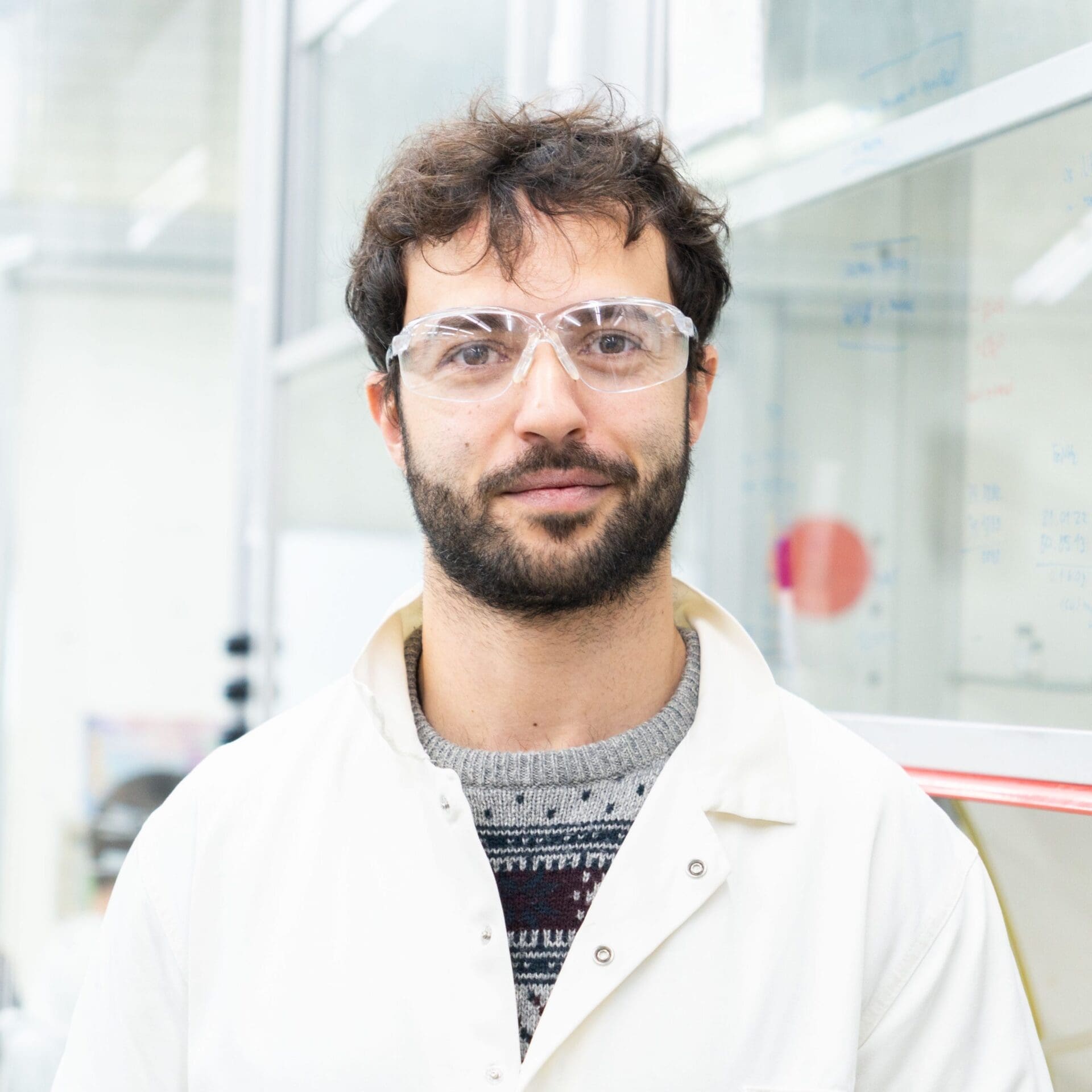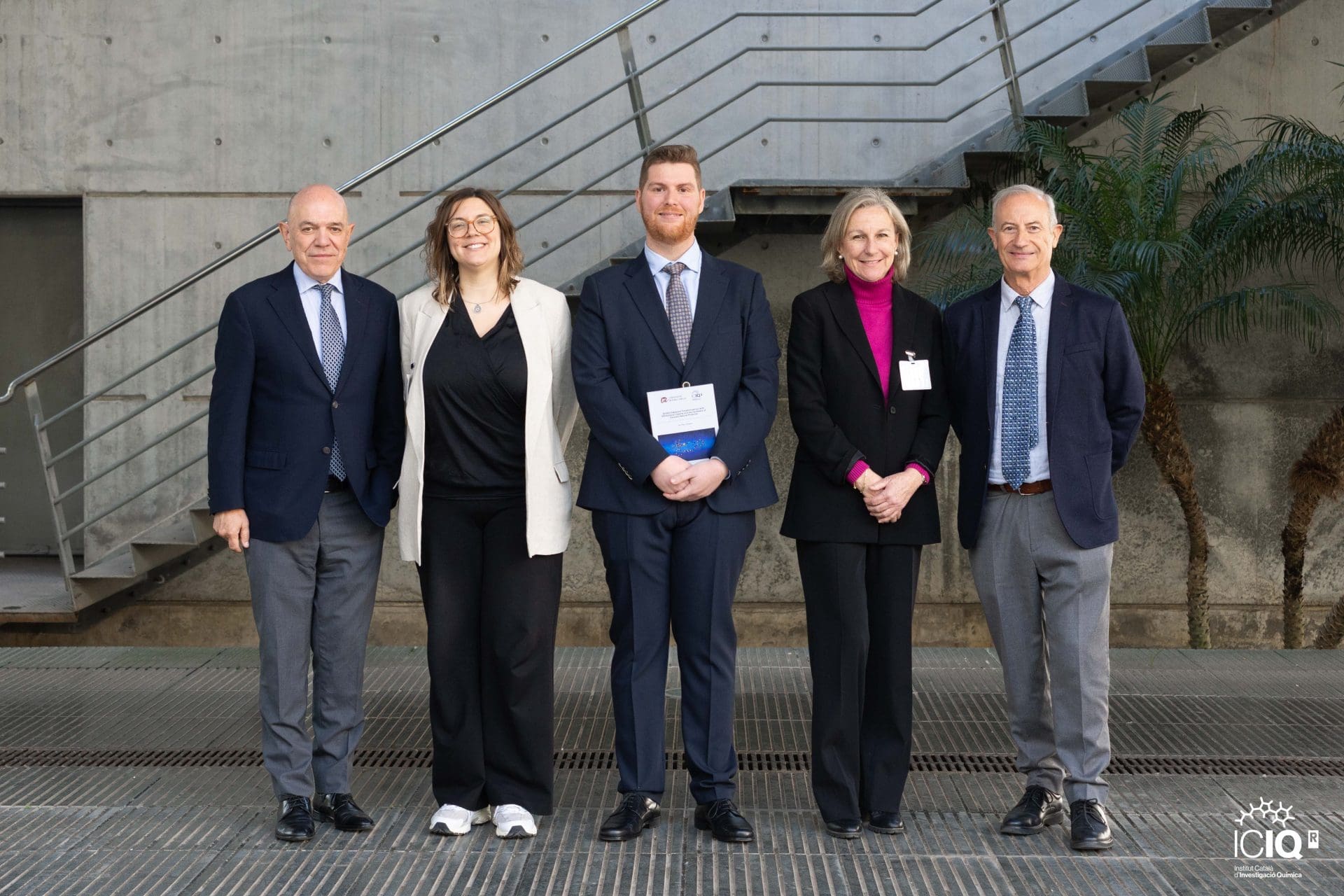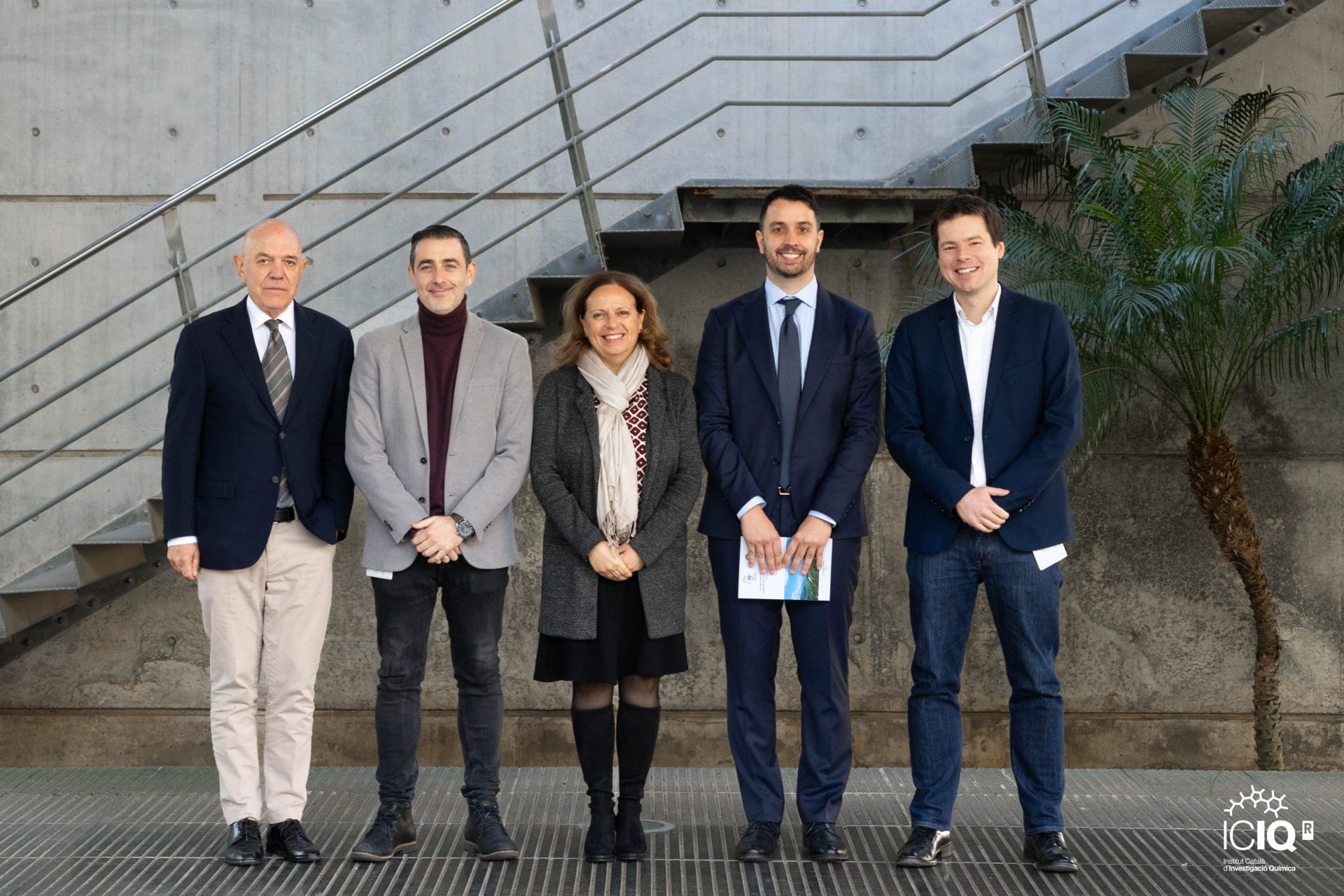Congratulations Dr. Han!
Lijuan Han, PhD student under the supervision of Prof. José Ramón Galán-Mascarós), has defended her PhD Thesis entitled “Electrochemical Oxidation of Water and Formate Promoted by Prussian Blue Analogues for Electricity Storage and Generation” (assigned to the Department of Analytical and Inorganic Chemistry of the Universitat Rovira i Virgili) publicly on June 28th at the ICIQ Auditorium.
The members of the examining committee were: Prof. SixtoFiménez (Universitat Jaume I), Prof.Antonio de Lucas (Universidad de Castilla-La Mancha) and Dr. Chiara Genovese (Università degli Studi di Messina).
Why did you become a scientist? What would you want to achieve as a scientist?
Science is a means by which we could know of another greater world behind our everyday life and know how things work. When I conducted my research on the electricity storage and generation system, I was fascinated by chemical materials science and its practical application. I would like to keep working on the electrochemical systems for renewable energy conversion and storage
From the lessons learnt at ICIQ, which one do you value the most?
The mentoring from my advisor José Ramón Galán Mascarós is what I value the most. He has always been enthusiastically supportive of me and every person in his group, and was always willing to give advice if I really needed the help. His good nature makes it a pleasure to work with him. I admire his patience in explaining things and his meticulous attention to detail. No matter how busy he was, JR always seemed willing to spend time working through whatever problem I brought him, and I have benefited greatly from these interactions. It has been one of the greatest personal and professional honors of my life to work for and alongside him.
What will you miss the most from ICIQ?
I will miss many current and former members in my group the most. They have given me tremendous support in every aspect of my life and introduced me to the many diverse aspects of Spanish culture and strongly influence my personal life. Without their help, I would not have survived graduate study abroad. I was fortunate to have worked in the lab with them.
What advice do you have for someone who’s starting their PhD now?
It would be quite helpful to actively participate in the seminars, workshop, trainings and other activities; sharing ideas and communicating with other people will bring positive and unexpected results.
Where are you going next? What will you do there?
I’ll take a break after the defence, and then try to find a position as a postdoc researcher to continue doing research.
Related news

Let's create a brighter future
Join our team to work with renowned researchers, tackle groundbreaking
projects and contribute to meaningful scientific advancements
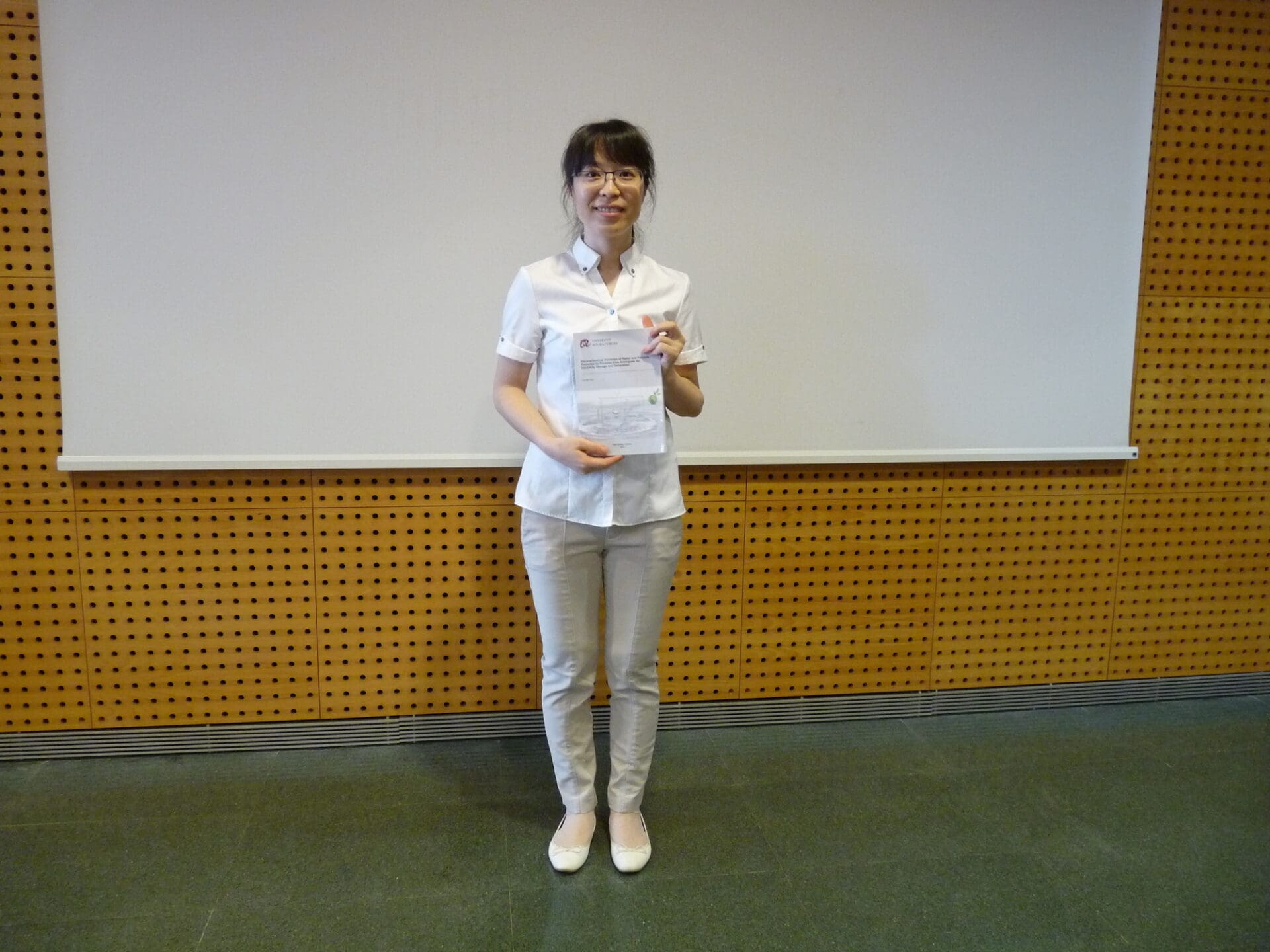
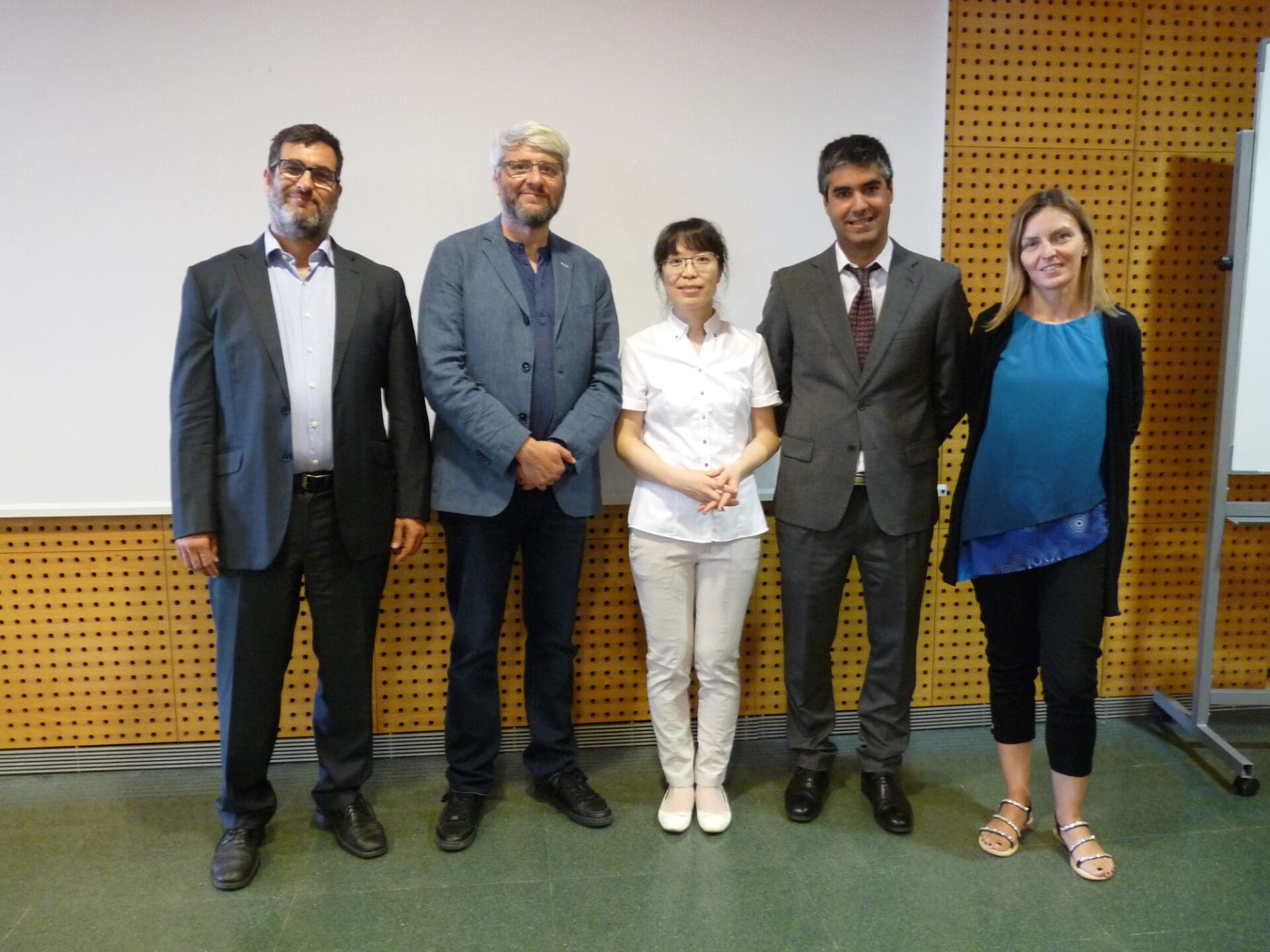






 07-03-2025
07-03-2025 